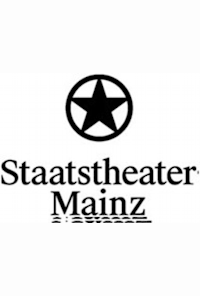This program brings together composers whose artistic homeland was Vienna, who had to flee into exile because they were Jewish, and who commemorated their distant place of longing there with their works: Old Vienna (Alt-Wien) was the name Karl Weigl gave to a
nostalgic fantasy for orchestra with which he introduced himself to New York audiences in 1939. It is designed loosely based on the waltz king Johann Strauss, a potpourri of Viennese-style Ländler and waltz themes, a gem of bright tones and intoxicating melody.
Erich Wolfgang Korngoldwas considered the compositional prodigy of Europe in the 1910s and 20s. His path changed drastically when he fled to America and he became the founder of Hollywood symphonic film music. After the Second World War, he tried to gain a hearing again by consciously turning to the traditional genres in Europe and to build on old successes. His Violin Concerto from 1945 is the first major work of this reorientation, but more than ten years as a film music composer have left their mark: Korngold wraps his concerto in a sumptuous sound that would have done credit to a Hollywood blockbuster. The violin concerto was later dismissed as the "Hollywood Concerto" - Korngold's late-Romantic tonal music seemed outdated - but it is now one of the great violin concertos of the 20th century. century. The solo part is peppered with the most insane difficulties, which the internationally prize-winning violinist Hyeyoon Park is able to master with stylish virtuosity.
For the second part of the concert, the conductor Patrick Lange has also selected an attractive work that rarely makes it onto the radar of larger orchestras: Alexander Zemlinsky 's Symphony No. 1. The teacher of both Weigl and Korngold has come to the fore as a composer primarily through his operas, after having been perceived for a long time only as a marginal figure in the circle of Viennese Modernism. Having grown up with the music of Johannes Brahms and Gustav Mahler, and supporting Schönberg throughout his life, Zemlinsky stood at an interface in music history, so to speak, between the romantic tradition and the avant-garde of the Schönberg circle, whose step towards atonality he was no longer able to complete. His early work from 1892 has a dramatic and gripping structure, but its quiet, lyrical moments testify to an introverted gaze in which the fragile nature of beauty shimmers through at every second.

